How to Deal With Gas in Toddlers?

- Is It Normal for a Child to Have Intestinal Gas?
- Causes of Gas Pain in Toddlers
- Signs and Symptoms of Gas Problems in Toddlers
- How to Prevent Gas Problems in Toddlers?
- Home Remedies for Gas in Toddlers
- FAQs
Young children can encounter gas issues much like adults. While it’s true that most instances of gas problems in toddlers aren’t typically a serious concern, significant pain and discomfort can be alarming. If your toddler appears to be suffering excessively or showing signs of severe distress due to gas, it is crucial to seek professional medical advice promptly. This article aims to provide comprehensive information about the nature of gas problems in toddlers, identify potential triggers, and explore effective methods for managing and alleviating these discomforts. Understanding these aspects can be useful in helping toddlers with gas.
Is It Normal for a Child to Have Intestinal Gas?
Yes, it is very normal for a child to have intestinal gas and, in most cases, it is not a matter of great concern. It is incredibly natural for your toddler to pass out gas, rather it is unavoidable. However, in cases where the gas does not pass with ease, and the child feels uncomfortable, it may lead to digestive problems. There can be many reasons that may cause a gas problem in young children and toddlers.
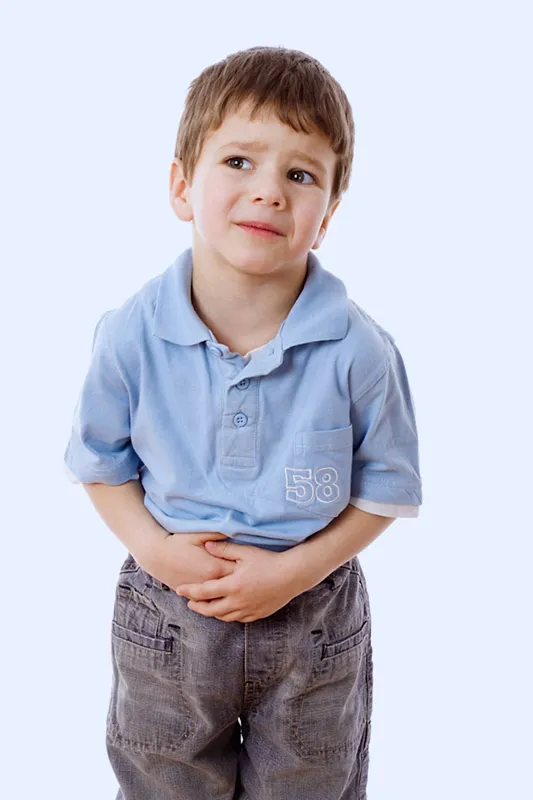
Causes of Gas Pain in Toddlers
What causes gas in toddlers? Here are some of the reasons that may cause a gas problem in toddlers:
- Change In Diet: Sometimes, including new food items in your child’s diet may cause excessive gas formation in their tummies. This is quite a common digestion problem in children. Hence, parents should enforce a staple diet.

- Antibiotic Medicines: Abdominal gas and cramping may be caused if your child is on some antibiotic medication.
- Lactose Intolerance: In case your child is lactose intolerant, it means that milk or any milk product can cause the excess formation of gas or stomach discomfort in your child.
- Improper Chewing: Many young children and toddlers do not chew their food properly. This leads to more gas production.
- Swallowing More Air While Eating: Sometimes, toddlers may swallow more air while drinking and eating. This may lead to the formation of gas in their bellies.
- Not Drinking Adequate Amounts Of Water: Drinking enough water keeps the digestion process in place and wards off any digestion-related problem at bay, but if your child is not drinking enough water, it may lead to digestive problems and formation of gas.
- Certain Food Items: Certain food items such as beans, peas and vegetables like broccoli and kale may cause gas. It is important to keep the consumption of such food items to moderate levels.
- Food With High Fat or Fibre Content: Sometimes, food items that are rich in fat or have high fibre content, such as cereals and french fries, may induce gastrointestinal distress in your baby.
- Consuming Large Amounts of Fruit Juices: Refrain from giving more than one glass of fruit juice a day to your child. Some children cannot digest the fructose and sucrose that is present in the juice, and it may cause gas trouble in your child.
- Consuming Carbonated or Aerated Drinks: Such drinks have high levels of phosphoric acid, which may cause problems of indigestion and gas in young children.
Signs and Symptoms of Gas Problems in Toddlers
If you find it difficult to establish that your child has a gas problem, the following signs and symptoms may help you know it:

- If your child looks uncomfortable.
- If you notice your child clenching his fists.
- If you see your child burping more than usual.
- If you find your child squirming.
- If you feel your child is cranky and crying even after being fed.
- If your child pulls up his legs towards his tummy.
- If your child is facing difficulty passing stool.
- If your child is grunting and writhing.
If you notice any of the symptoms mentioned above, you should seek advice from your doctor.
How to Prevent Gas Problems in Toddlers?
You may adopt the following measures to prevent a gas problem in your child:
- Introduce new foods gradually to your toddler’s diet, as some can cause more gas than others. Avoid foods known to cause gas, like beans, cabbage, and broccoli.
- Keeping your toddler hydrated can help reduce gas. Encourage them to drink water regularly.
- Encourage your toddler to engage in age-appropriate exercises and playtime activities to keep their digestive system moving smoothly.
- Consult your pediatrician about incorporating probiotics into your toddler’s diet.
Home Remedies for Gas in Toddlers
You may try the following home remedies to ease gas problems in toddlers:

- Check the Fluid Intake: An adequate amount of water and other fluids prevent constipation and reduce the chances of gas problems.
- Establish Good Eating Habits: Make sure your toddler chews on food nicely before swallowing.
- Include More Fibrous Foods: Adding more fibrous foods will help keep your toddler’s digestive system in place, which means fewer gastric problems.
- Massaging Your Child’s Belly: It is an efficient way of releasing gas from your baby’s belly. Work in clockwise motions for smooth passage of gas.
- Refrain From Giving Acidic Food: Food items such as cauliflower, cabbage, peas and onions are the common culprits for causing gas. Do not feed such food items if your child experiences gas problems often.
- Apply Warm Compressions: You may apply warm compression to provide relief to your baby. This not only helps expel the gas but also relaxes your baby.
- Fennel: You may give fennel to your baby as it is beneficial in relieving digestive problems. If your child can chew, you may provide roasted fennel seeds or else boil some fennel seeds in water and give it to your child 2 to 3 times a day.
Though the home remedies mentioned earlier are useful in treating gas problems in toddlers, if you notice your child in pain or discomfort even after trying these measures, you should seek immediate medical help for gas relief for toddlers.
FAQs
1. Can clothing contribute to gas problems?
Yes, tight-fitting clothing can put pressure on a toddler’s stomach, potentially worsening gas discomfort. Ensure that your toddler’s clothing is loose and comfortable to avoid additional pressure on their abdomen, which could exacerbate gas problems.
2. Does the sleeping position affect gas in toddlers?
The way your toddler sleeps can impact how gas is distributed and expelled. If your toddler has gas pains at night, try laying them on their left side, as this position may help facilitate digestion and reduce gas buildup.
3. Can teething cause gas problems?
Teething can lead to increased saliva production and changes in eating habits, which might result in swallowing more air or altering digestion, contributing to gas. Keep an eye on your toddler’s teething patterns, and use teething toys or other soothing methods to minimize this potential cause of gas discomfort.
Gas problems are incredibly typical in young children, and there is nothing to worry about. However, some cases of gas problems in toddlers may be due to a serious condition. It is a good idea to get in touch with your doctor to discuss your concerns regarding the same. Timely medical intervention can ward off any severe complication that may arise.
References/Resources:
1. Controlling Intestinal Gas; International Foundation for Gastrointestinal Disorders; https://iffgd.org/gi-disorders/symptoms-causes/intestinal-gas
2. Foods Likely to Cause Gas; International Foundation for Gastrointestinal Disorders; https://iffgd.org/gi-disorders/symptoms-causes/intestinal-gas/foods-that-may-cause-gas/
3. Gas in the Digestive Tract; Children’s Hospital of Orange County; https://www.choc.org/programs-services/gastroenterology/gas-digestive-tract/
4. Intestinal Gas; Canadian Society of Intestinal Research; https://badgut.org/information-centre/a-z-digestive-topics/intestinal-gas/
5. Can I reduce belching, bloating and intestinal gas at home?; Mayo Clinic; https://newsnetwork.mayoclinic.org/discussion/home-remedies-tips-for-reducing-belching-intestinal-gas-and-bloating/
6. Antacids; NHS; https://www.nhs.uk/conditions/antacids/
7. Treatment for GER & GERD in Children; National Institute of Diabetes and Digestive and Kidney Diseases; https://www.niddk.nih.gov/health-information/digestive-diseases/acid-reflux-ger-gerd-children/treatment
Also Read:
Chronic Conditions in Toddlers
Common Genital Problems in Toddlers
Loose Motions (Diarrhoea) in Toddlers
Understanding & Treating Sore Throat in Babies and Toddlers
Was This Article Helpful?
Parenting is a huge responsibility, for you as a caregiver, but also for us as a parenting content platform. We understand that and take our responsibility of creating credible content seriously. FirstCry Parenting articles are written and published only after extensive research using factually sound references to deliver quality content that is accurate, validated by experts, and completely reliable. To understand how we go about creating content that is credible, read our editorial policy here.







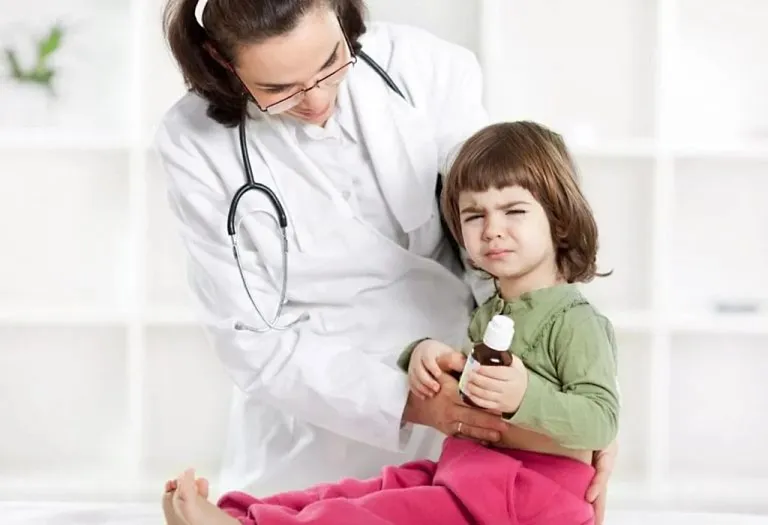
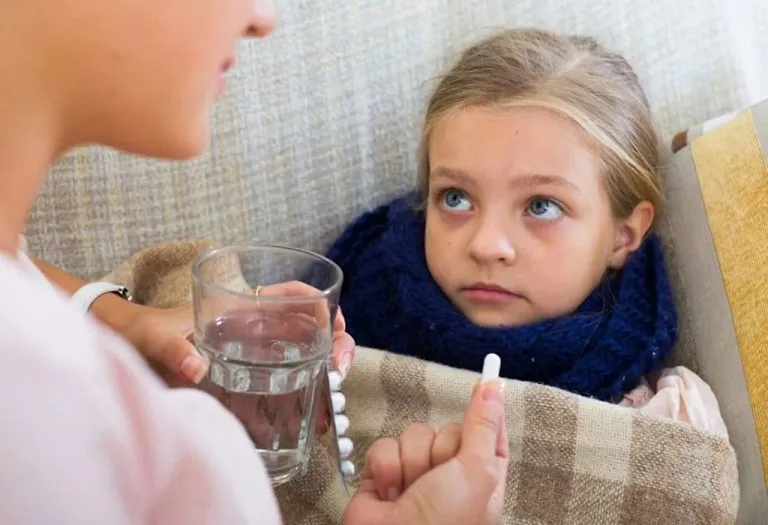

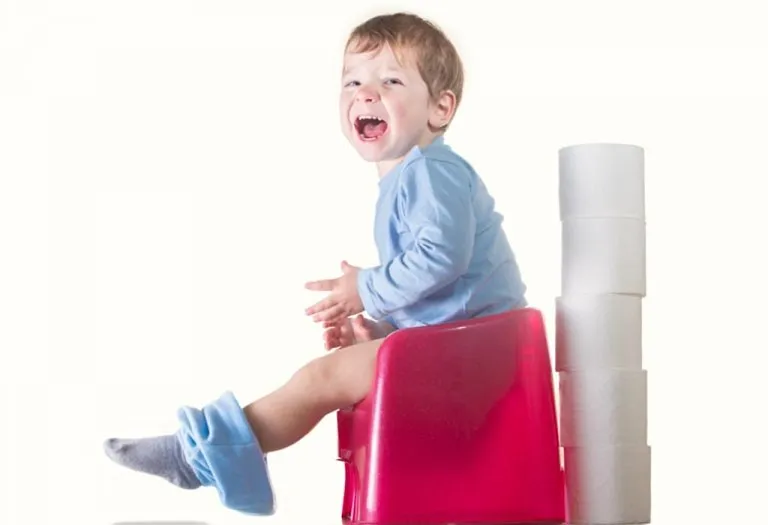
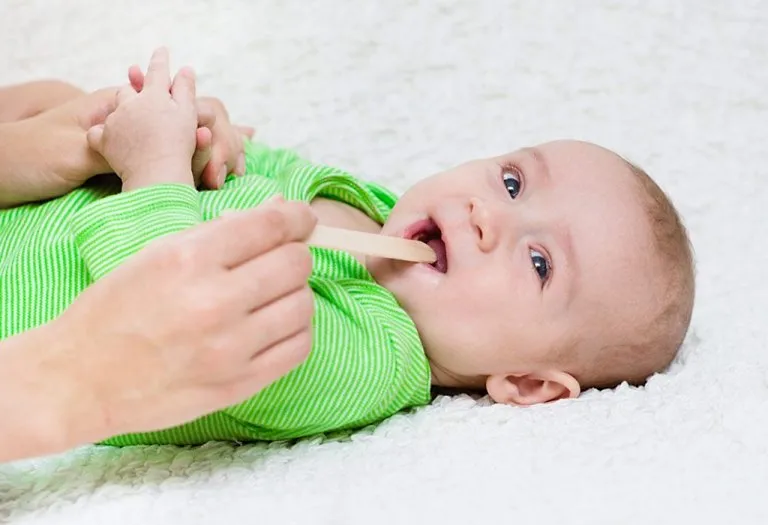
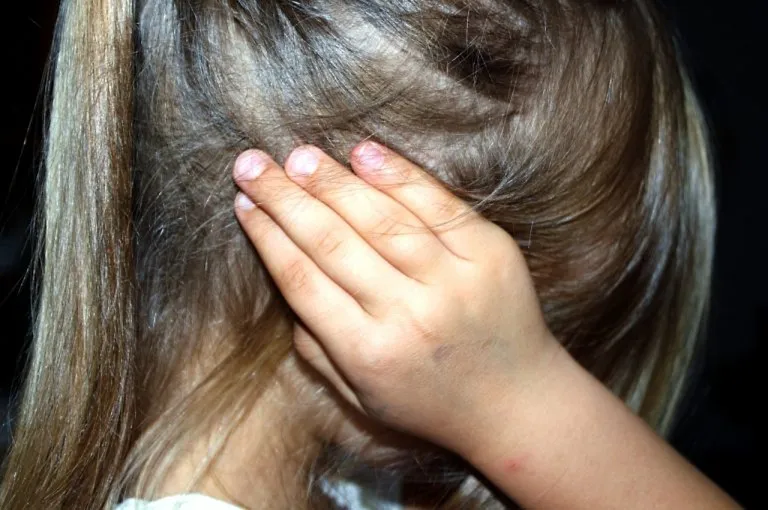


.svg)
















